An agricultural society at heart, the Swiss have traditionally embraced the changing of seasons with songs. From the first snowflakes to Easter traditions, and from the alpine meadows to harvest festivals, every season has its own set of songs.
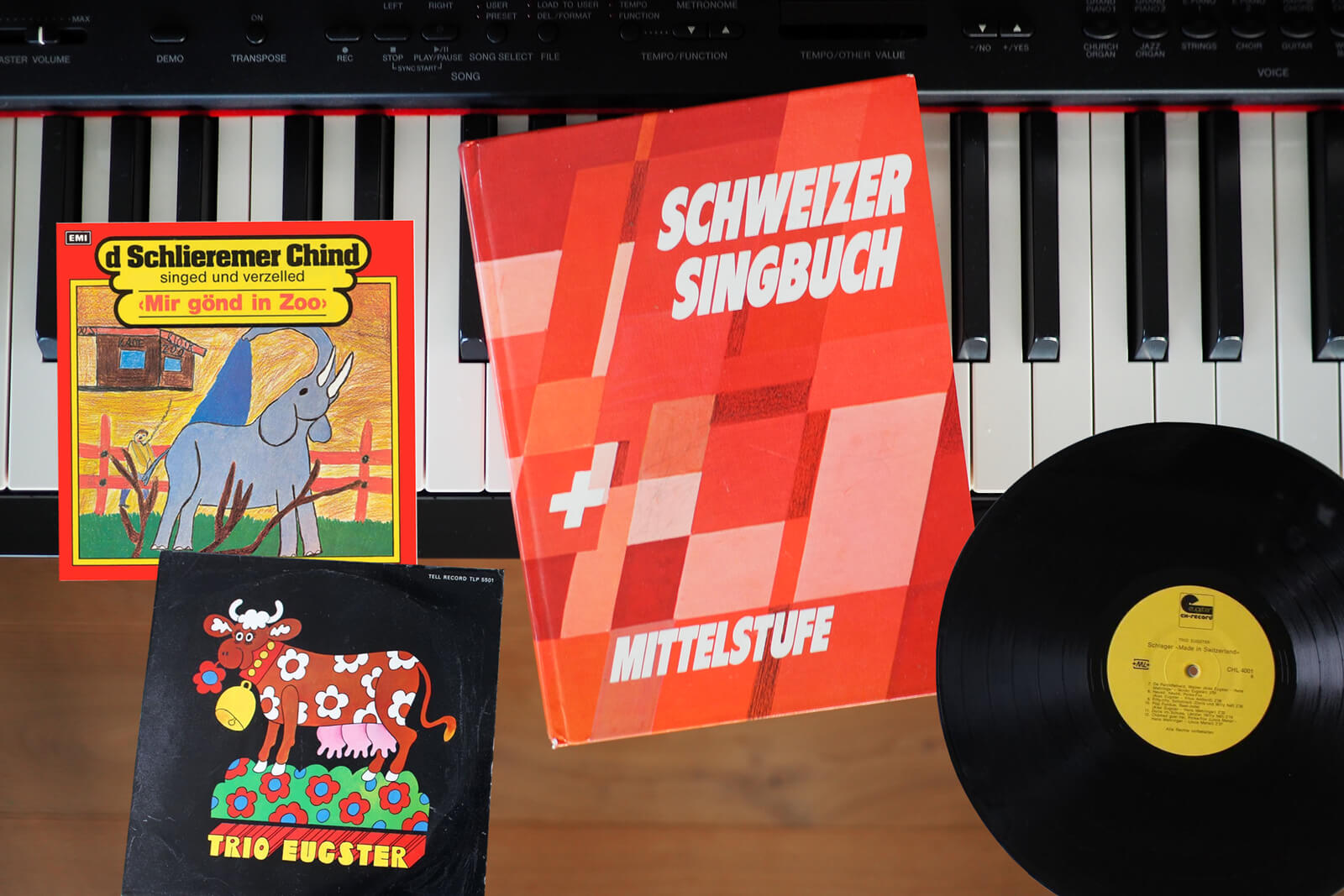
Many of these Swiss German songs are over a century old. Yet, they are still practiced by many generations in the German speaking part of Switzerland. Be they grandparents singing with their grandchildren, adults performing in a choir or children in kindergarten and school... Tthese songs were (and in many cases still are) an integral part of the shared culture.
Here is a selection of Swiss German songs that I remember most vividly from my childhood:
Es schneielet, es beielet
As a winter child, this song about a blizzard used to resonate with me. It’s a simple song about the privileged children who can dress up to brace the cold - and about the poor children who freeze like the birds.
Was isch das für es Liechtli?
Every December 6, the Santa Claus of the Swiss German part of Switzerland makes his way from the forest to the kindergartens and homes. In order to celebrate this occasion and impress Samichlaus, every kid knows this song by heart: “What’s that light [over there]?”
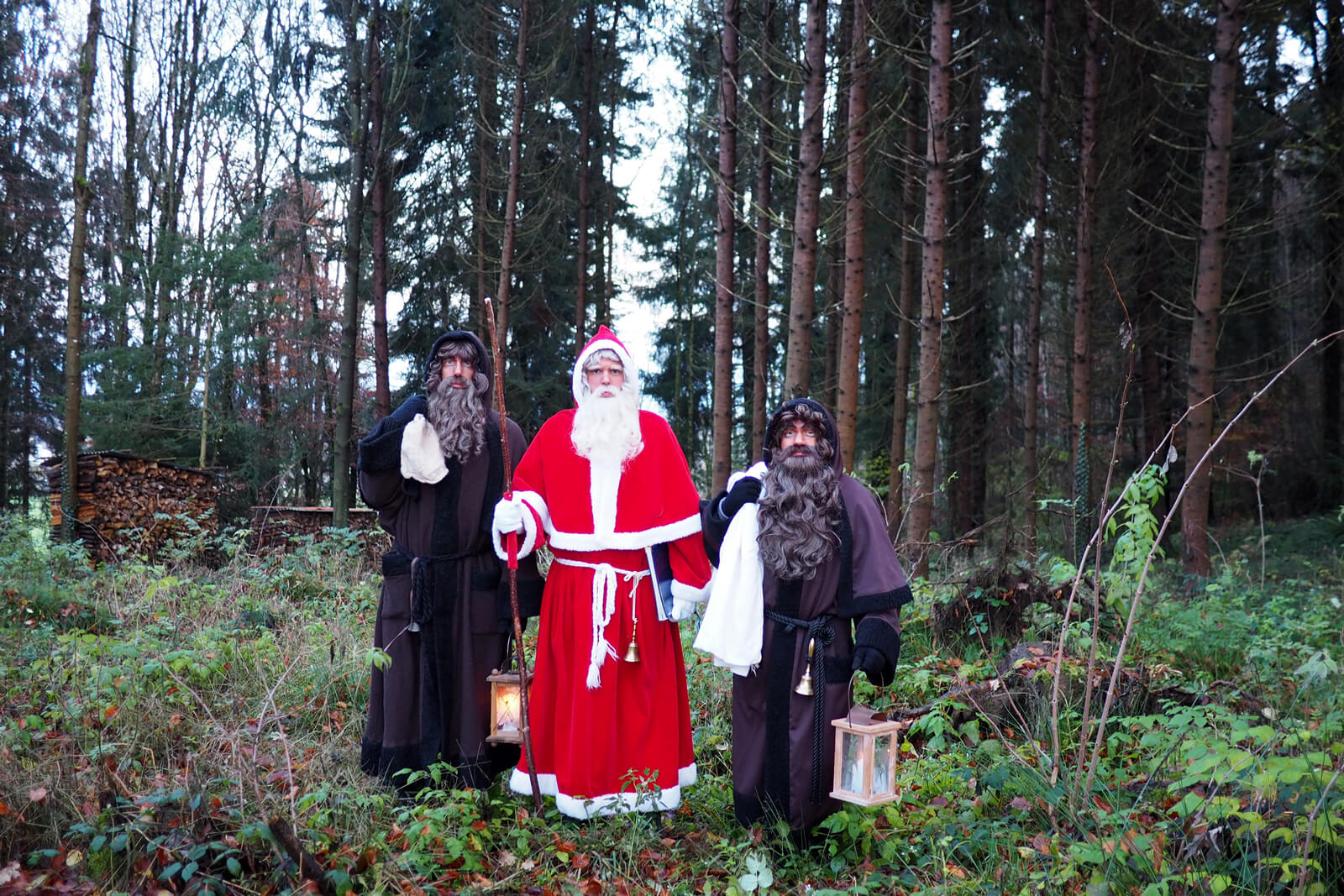
‘S isch mer alles äis Ding
This song in Aargau dialect is the essential Swiss folk medley. It is “lüpfig”, which means as much as uplifting, as it describes a bright future ahead.
Det äne am Bergli
This simple song about a white goat on a mountain still rings in my ears decades later. The farmer in the song wanted to milk her but was kicked in the butt. His conclusion is to never milk another white goat in his life...
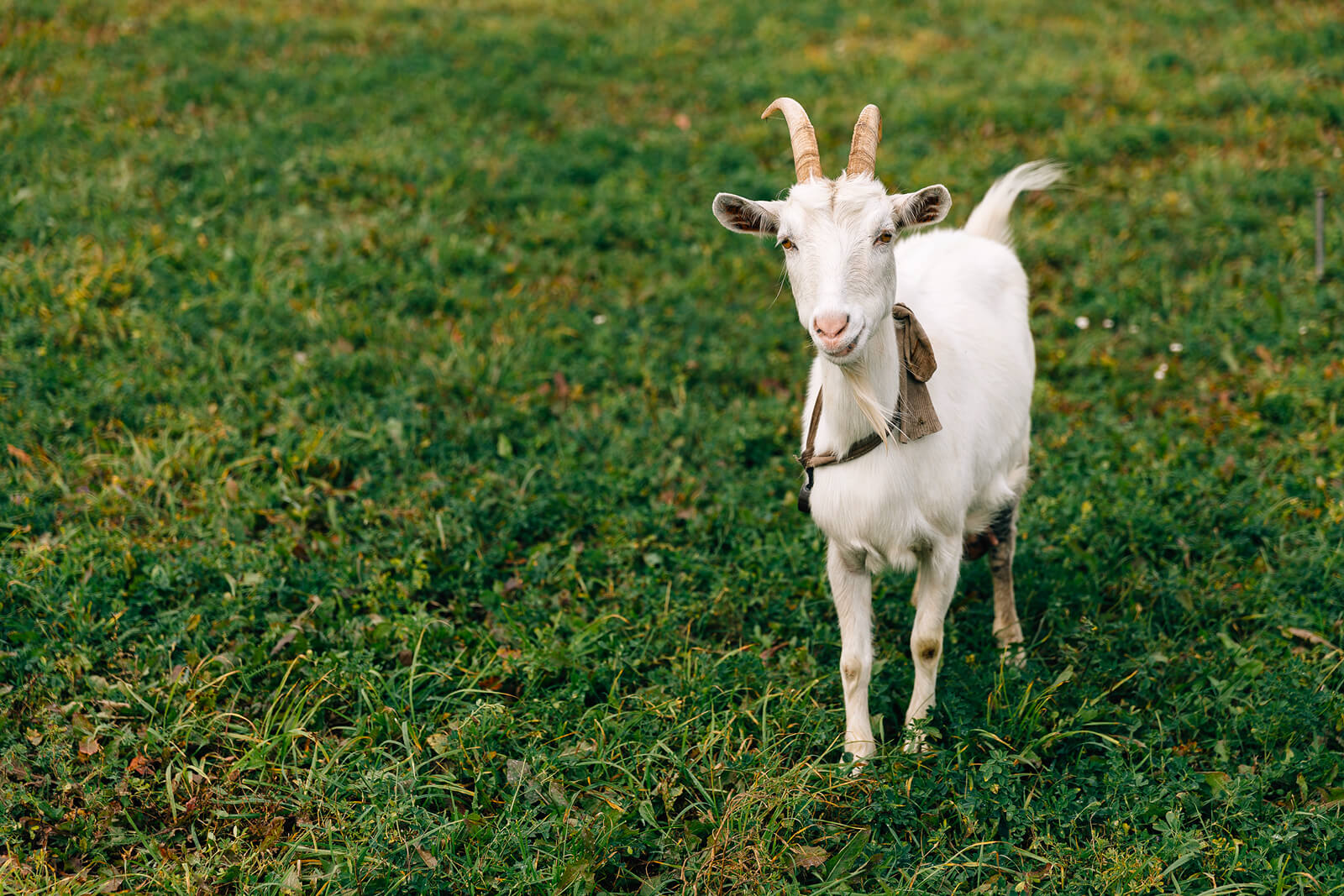
S'Ramseyers wei go grase
One of the most popular folk songs in Swiss German is a shroud of mystery. Presumably, it was first published in 1913. But nobody quite knows why we’re so emphatically singing about the Ramseyer sons who went haying in Gümlingen in the canton of Bern...
Wämmer bi de Puure isch
This song is an ode to a farmer’s life. It lists all the delicious things farmers enjoy, from fresh milk to eggs, bread and smoked bacon from the chimney. I remember how my mouth was watering while listening to this folk song...

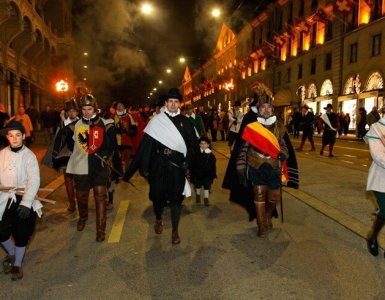
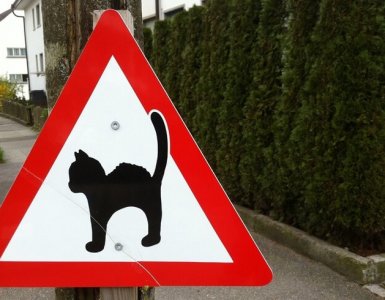
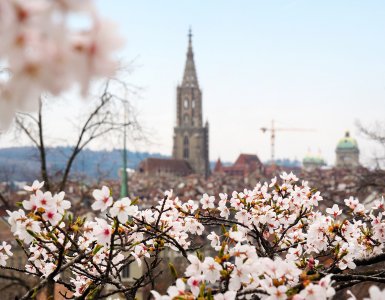

Good afternoon,
My grandmother spoke what she called “German Swiss” but I see on the 1920 US Census she indicated French, which I think may have had more to do with the state of the world than her actual spoken language. (I never heard her speak French but she was able to talk to my other German grandmother.)
I am looking for a poem/nursery rhyme that she used to recite to us and I was under the impression that it was about fleas. Do you have any idea what this poem could be?
Maybe it’s one of these (Floh is German for flea):
https://liederladen.ch/tag/floehe.html
Do you know how the Swiss nursery rhyme about a cobbler goes:
Shu makerli, Schuhe makerli
Was costed Mir fir Schuhe
Or something like that
Thanks for asking! We know exactly which one:
Schuehmächerli, Schuehmächerli,was choschted mini Schueh?
Drü Bätzeli, drü Bätzeli und d’Negeli dezue.
Drü Bätzeli, drü Bätzeli, das isch mer wärdi z’tüür,
da lauf-i lieber barfuess durs Wasser und durs Füür!
My best childhood friend was Swiss. I spent a lot of time with her family (7 of them) and they would sing as they walked. One song they sang went kind of like this:
Schwitzilandli ist so klee
aber schon Mann kannst noch see gangiwaltzo wietowie
Schwitzilandli ist so klee
My father spoke German and I learned a lot after we moved across the country (US) and I studied German in school for 3 years. This has possibly affected my spelling of these words but I have tried to write it phonetically. Can you tell me how it should be written and what is the name of it.